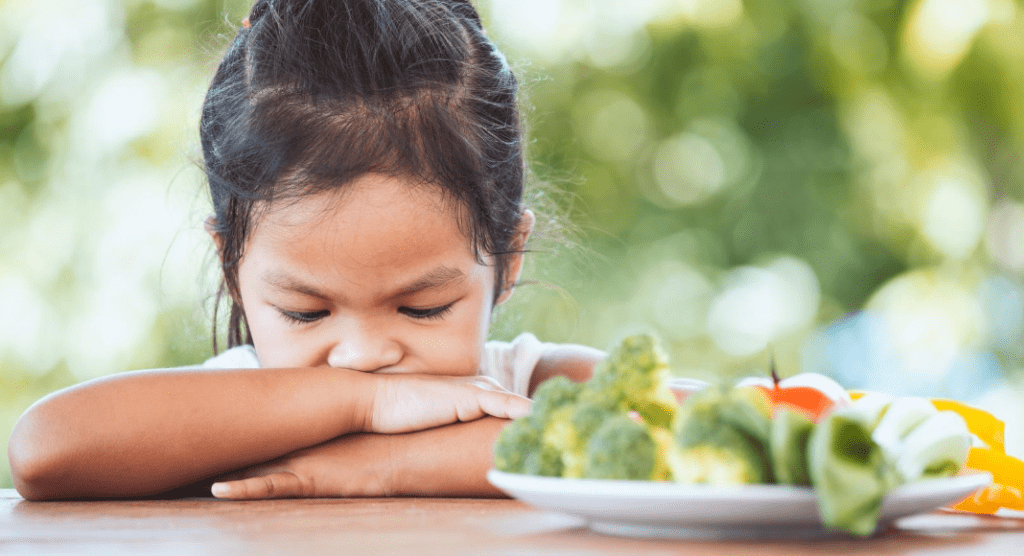 I’ve written about food allergies for Westchester County Mom (here and here), as well as a food allergy-related nonprofit and posting a lot about them on my personal blog. Needless to say, food allergy advocacy is an issue I’m incredibly passionate about. I have a peanut allergy, and my child has sesame, cashew, and pistachio allergies. The sesame allergy could have taken my child’s life on one occasion not long ago.
I’ve written about food allergies for Westchester County Mom (here and here), as well as a food allergy-related nonprofit and posting a lot about them on my personal blog. Needless to say, food allergy advocacy is an issue I’m incredibly passionate about. I have a peanut allergy, and my child has sesame, cashew, and pistachio allergies. The sesame allergy could have taken my child’s life on one occasion not long ago.
Managing food allergies is at the center of our lives. It dictates what we eat, the body care and cleaning products we buy, where and how we travel, and more. But I consider our family lucky.
Of course, no one has it easy when managing food allergies. They are life-threatening conditions, and all food allergy patients deserve not only awareness and support, but a cure.
While I worry about my child’s life, I don’t worry about whether we will have access to the best care. And I especially don’t worry about whether the color of our skin might interfere with our ability to get great care.
But, we are white. Systemic racism extends far beyond police/minority community interactions to permeate all areas of BIPOC’s lives. That includes health and health care. Some statistics regarding the matter: Food allergies seem to affect minority groups differently than they affect whites (see here, here, and here). From being at higher risk of anaphylaxis to experiencing higher rates of ER visits and receiving shorter visits with allergists, BIPOC generally receive less care and experience more severe impacts from food allergies than white families. Food allergies may be more common in the Black American population than some other racial groups as well.
I initially wanted to write an article that analyzed this issue in-depth because I’ve not seen this issue discussed much outside of food allergy circles. Thus, there is still an awareness to be raised! As a scientist, I am drawn to communicating about data and facts just as much as I am drawn to sharing my parenting stories.
But as a white woman, I acknowledge that I am not the appropriate voice to be standing on the soapbox. This is especially so given there are BIPOC bloggers and advocates already raising awareness about the issue. I don’t need to talk over them, nor would it be appropriate for me to do so. Therefore, I want to turn my attention to their hard work and efforts to help raise awareness about this pressing issue.
Where to start?
If you are new to learning about systemic racism as it relates to food allergies, Tsoyum published an excellent summary piece back in May regarding the issue, as well as sharing a summary to Instagram. Her incredible content has been shared repeatedly by other advocates in the food allergy community (myself included).
Local Impact
I also want to encourage you to read about Elijah Silvera (here, and here). If you are unfamiliar, Elijah passed away after being fed his allergen at a New York City daycare. He was only 3. Elijah lost his life due to an entirely preventable mistake by people he should have been able to trust. As a mother, my heart aches every time I think about him, and about his family. He was a baby. And this tragedy happened in our backyard.
Elijah’s Echo lives on via the organization founded by his parents, the Elijah-Alavi Foundation. Part of their mission is to help dismantle systemic barriers in care for minority food allergy patients, though they do amazing work for the entire food allergy community. For instance, the Elijah-Alavi foundation was the driving force behind Elijah’s Law, a groundbreaking piece of legislation that I have no doubt will save the lives of children with food allergies in New York State.
If you are looking to support a local organization making a difference, I encourage you to consider them. This is not a sponsored pitch. As a food allergy mama living in New York, I respect and greatly appreciate their efforts, and believe it is important to continue educating others in my community about excellent charitable organizations in our area.
A Voice Within City Mom Collective
Another notable grassroots organization is Peyton’s Allergy Shield of Hope, a food allergy nonprofit run by advocate and food allergy mama Kamisha York. It also just happens that Kamisha is a colleague of all of ours here at Westchester County Mom; she is a contributor at Austin Moms down in Texas (one of our sister sites)! Kamisha also publishes to her blog How Not to Go Nuts, and shares a lot of valuable and educational content to the Peyton’s Allergy Shield of Hope Instagram and Facebook accounts. PASH is a must-follow for food allergy parents and supporters, and an excellent organization helping improve the lives of food allergy patients.
National Impact
This problem is big enough that even the leading food allergy advocacy and research agency in the US (Food Allergy Research and Awareness (FARE), has developed a diversity campaign to address racial inequalities in the care and treatment of food allergies moving forward. Another excellent national organization working to end systemic barriers is The Food Equality Initiative.
If we want to dismantle systemic racism, we need to shine a light in all the dark corners where it exists.
The harsh reality is this: There are pervasive systemic barriers to accessing health care for minority families (including black families), and that includes accessing care for food allergies. The bottom line is I can’t be a good food allergy advocate without recognizing that there is a need to break down these systemic barriers. It is incredibly hard being a food allergy family. But unfortunately, some families face more difficulties than mine.
I can’t possibly understand what it is like to face food allergies as a BIPOC, because I’m not. Yes, there are other groups experiencing barriers to care, as well. Privilege is a multifaceted beast. But the only way to dismantle inequitable systems is first to acknowledge they exist (edited excerpt from post initially shared here). That is what I’m making an effort to do with this post.
I truly hope that someone out there will read this and learn something new and turn their attention to the voices of BIPOC in the food allergy community to learn more. I hope someone will read this and support one of these causes and help educate others so that we can put an end to the barrier affecting minority communities in the US. Black lives should matter in hospitals and allergy clinics, just as they should matter in dealings with the judicial system.
We can’t end food allergies unless we end them for everyone.
I hope you’ll join me in supporting those working to make sure care and treatment are equitable for all.




















